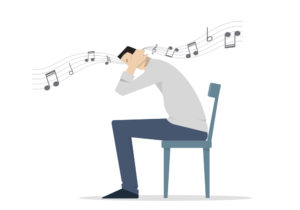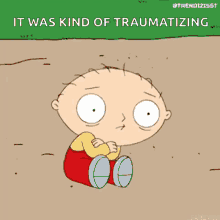I’ve fallen in love with a new Chopin Nocturne I’m learning, Op. 9, No. 2. There are a few different versions of this on youtube, but my favorite is this one by Tiffany Poon. Sometimes it’s hard to listen to professional pianists play the pieces I’m learning, as they remind me, even after I get the basics down, how far away I am from ever playing with such fluidity and ease.
A friend of mine who is co-authoring a book I’m editing writes about his past experience with writers block: I labored under the mistaken notion that writing was a gift from the muse, he says. You either had that gift or you didn’t–and obviously and sadly, I wasn’t one of the chosen few. This is how I feel about piano, except that when I was a child my parents and extended family led me to believe that because I had perfect pitch, I was one of the chosen few. But I couldn’t actualize “that gift” because my fingers were never as good as my ear, especially in a performance setting. I played exactly one piano recital when I was nine–a special concert for “teachers’ best pupils” in a fancy hall in New York City–and it was an unqualified disaster, as I wrote about in detail in an earlier post: Reframing a Past Mess-Up.
I want to feel that spending the last three years returning to piano, a process that has required not only frequent practicing but also a deep dive into my family history in order to decode and defuse a long line of harmful generational messages, would put me past some of my performance anxiety. However, I don’t play the piano if anyone other than my husband, Shel, is in the house. (And if he went out more, I’d probably wait until he was gone, as well.) Even as I’ve managed to turn the screech of my inner music critic down to a low murmur and generate enjoyment from my own flawed renditions, I’m terrified of anyone else’s judgment. So, it was an odd leap of faith to impulsively ask my visiting younger child, Raf–who is a professional musician, nonetheless–if they wanted to hear this new piece I loved and was in the middle of learning. I could do this–even if it made me more vulnerable, I told myself.
How wrong I was.

Man sitting on a chair covering his ears. Earworm concept, also know as brainworm, sticky music, or stuck song syndrome. <a href=”https://depositphotos.com/vector-images/places.html”>Earworm Concept. Man Sitting on a Chair Covering His Ears. – depositphotos.com</a>
Even though I could already play the piece decently with just a few rough spots, knowing Raf was listening made me miss the easy notes as well as the hard ones. My baseline totally fell apart and it seemed to be a matter of chance as to whether I was going to hit the right chords or the wrong ones. Keep playing! I told myself, even as I could barely breathe. Focus on the expression–why you love this piece. Somehow, I managed to finesse the melody, finally landing pianissimo on the last few chords, their soft reverberations calming my shaky insides.
It will be a long time before I do that again, I said to myself. But something had shifted. Unlike the time I was nine, the minute I stood up and walked away from the piano bench, I left the incident behind me. My inner critic didn’t take this little blip as a chance to screech with delight. It stayed at its current murmuring level, which I could easily drown out the next time I tackled the Chopin.
My friend writes about writers’ block, Now I accept without pain that I am a reasonably competent writer. I don’t need to be special in order to enjoy the writing I produce. While I prefer to use “aspiring,” rather than “reasonably competent” to describe my musicianship, the last sentence rings true. I don’t need to be special in order to enjoy my piano playing. Even if I may not be ready to play for others very often–or at all; for myself, I can play well enough to express what’s in my heart. And in any art we might pursue at whatever level we might be at, that’s what should matter–whether or not we choose to make ourselves vulnerable by sharing.
To subscribe, sign up at ddinafriedman.substack.com

 I knew I wasn’t supposed to stop, so I kept playing, making up something that was kind of like the piece, which was also cross-handed and in b minor. As I traveled an unmarked trail through the thicket of the keyboard, I felt the audience’s eyes like the eyes of wild animals in the dark, tracking me until I finally decided I’d had enough and landed on a final b minor chord. I stood up and bowed, waiting in an endless moment of stunned silence until a trickle of applause finally came like a faint drizzle, as I steeled myself to remember to walk, not run, off the stage.
I knew I wasn’t supposed to stop, so I kept playing, making up something that was kind of like the piece, which was also cross-handed and in b minor. As I traveled an unmarked trail through the thicket of the keyboard, I felt the audience’s eyes like the eyes of wild animals in the dark, tracking me until I finally decided I’d had enough and landed on a final b minor chord. I stood up and bowed, waiting in an endless moment of stunned silence until a trickle of applause finally came like a faint drizzle, as I steeled myself to remember to walk, not run, off the stage.